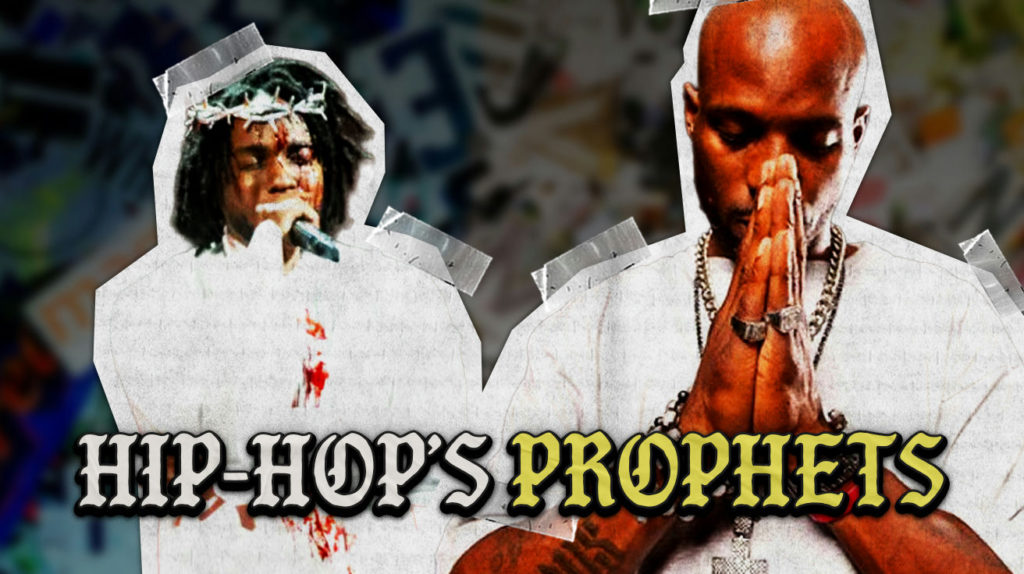
Hip-hop’s spiritual DNA runs deeper than Sunday morning samplings and prayer interludes, as scholars have explored the spiritual dimensions of hip-hop. You know that moment when a track hits different — not just because the beat slaps, but because something sacred bleeds through your speakers? You know that moment when a track hits different — not just because the beat slaps, but because something sacred bleeds through your speakers? That feeling is shared by many iconic one-hit wonders that have shaped pop culture and left a mark on listeners across generations.
From Kendrick‘s biblical wrestling matches to DMX‘s raw altar calls, the genre has consistently proven that spiritual content drives both critical acclaim and commercial success. These aren’t just musicians dropping God bars for street cred — they’re spiritual architects building bridges between the divine and the block while reshaping industry expectations about what sells.
9. Five Percent Philosophy
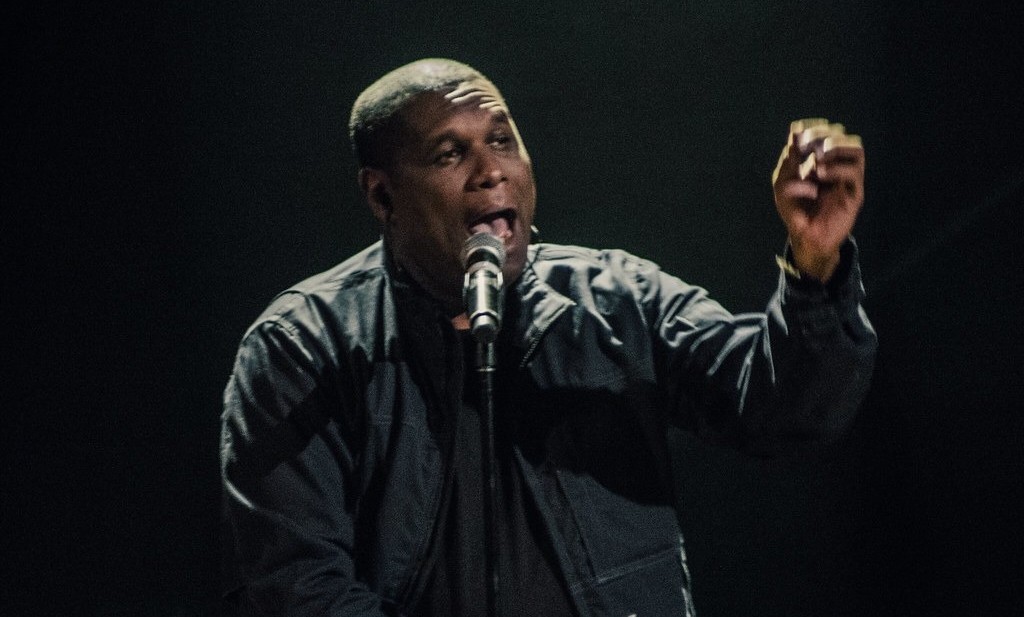
Jay Electronica crafts verses dense with Nation of Gods and Earths wisdom like a scholar translating ancient texts for modern minds. His references to “Supreme Mathematics” and “the mystery God” aren’t random spiritual name-drops but specific theological concepts that require homework to fully appreciate. After years of legendary guest verses, A Written Testimony finally delivered his complete vision in 2020.
“Exhibit C” functions as both artistic masterpiece and philosophical thesis, unpacking Five Percenter concepts of divine self-knowledge through intricate wordplay that hip-hop heads dissect like Talmudic scholars. Jay Electronica doesn’t just reference this tradition — he embodies its teachings about Black divinity and cosmic understanding while proving that intellectual hip-hop maintains devoted cult followings willing to wait decades for new material. For readers new to the culture, the Five Percent Nation history provides essential context about the beliefs and influence of this movement on hip-hop.
8. Ancient Wisdom Meets Modern Flows
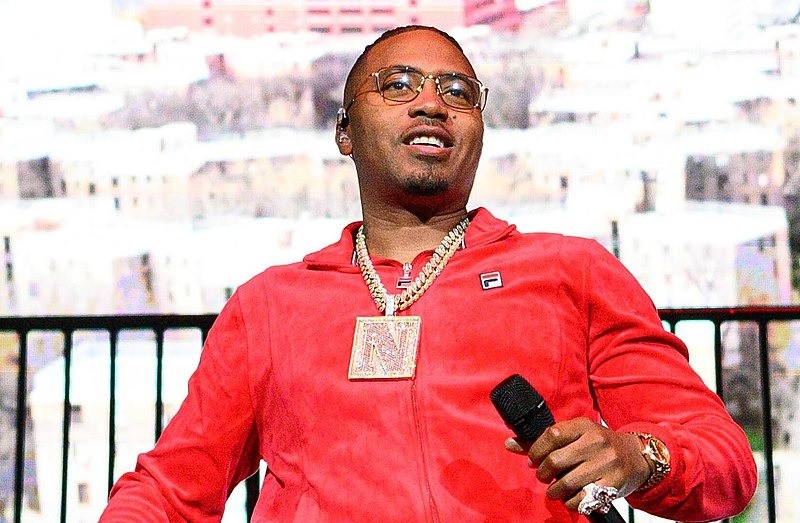
Nas navigates spiritual territories with cartographer precision, mapping connections between Christianity, Five Percent teachings, and ancient Egyptian spirituality. “I Can” samples Beethoven while encouraging children to study pharaohs, demonstrating his unique ability to connect disparate wisdom traditions. His theological curiosity spans decades without ever settling into dogmatic certainty.
Controversial “Hate Me Now” video sparked industry-wide debates by repurposing Christian imagery to confront contemporary issues, a technique explored in depth in analyses of Nas’s use of religious symbolism throughout his career. Throughout his catalog, Nas approaches spirituality as intellectual exploration rather than blind adherence, making his music essential listening for anyone studying how hip-hop processes complex philosophical concepts into accessible art.
7. Digital Age Spirituality

Lil B created internet-age spiritual framework that operates through memes, all-caps affirmations, and radical positivity messaging. His “Based” philosophy promotes forgiveness and universal acceptance, attracting dedicated online followers who engage with his teachings daily. While established institutions might dismiss his approach, the Based God developed digital-native spiritual practice that resonates with younger audiences seeking alternative forms of guidance.
“No Black Person Is Ugly” embodies his message of universal love through unconventional delivery that reaches audiences traditional religious outreach never touches. Lil B’s prolific output — hundreds of mixtapes and thousands of tweets spreading positivity — demonstrates how modern spiritual leaders leverage social media platforms to build communities around love-based messaging rather than fear-based doctrine, a phenomenon echoed by many one-hit wonder bands who experienced rapid fame and sudden obscurity in the digital age.
6. Street Prophet Chronicles
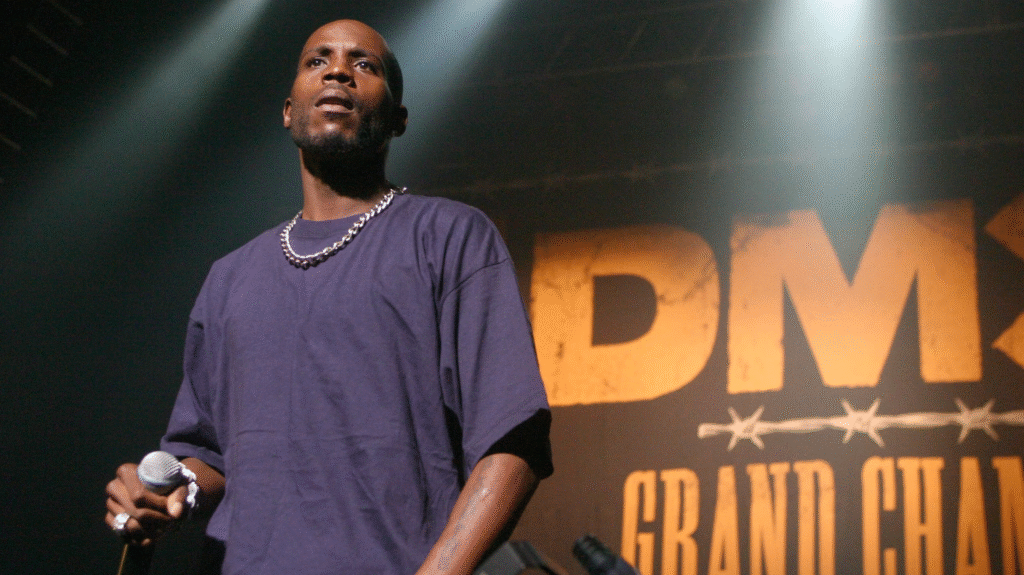
DMX embodied hip-hop’s rawest spiritual contradiction — equal parts devil and angel, fighting for his soul in real time. Earl Simmons didn’t perform Christianity; he lived spiritual warfare through every bar, making listeners witnesses to his internal battles. Those prayer interludes weren’t album filler but desperate pleas from someone drowning in his own demons.
“Lord Give Me A Sign” cuts through studio polish with authenticity that makes megachurch productions feel hollow. X’s commercial success — five consecutive #1 albums — proved that raw spiritual vulnerability resonates with mainstream audiences craving genuine emotion over manufactured personas. His struggles with addiction and faith reminded everyone that spiritual journeys rarely follow straight paths. For a deeper look at his spiritual impact, DMX’s legacy and spirituality continue to inspire fans and artists alike through his honest exploration of faith and redemption.
5. Hip-Hop Royalty Evolves
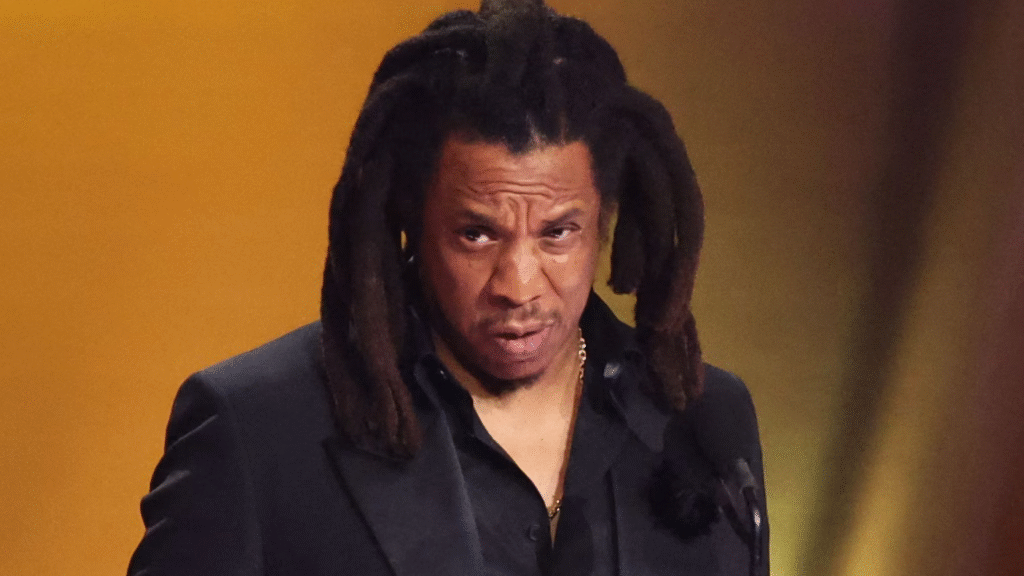
Jay-Z‘s spiritual evolution mirrors hip-hop’s broader journey from street narratives to metaphysical exploration. Early Five Percent Nation references appeared as cultural signifiers, but 4:44 transformed them into genuine philosophical inquiry about legacy, generational wealth, and personal growth. “Family Feud” explores inheritance beyond material success, framing his journey as spiritual awakening.
Industry veterans watched closely as Jay’s most introspective album became his 14th #1 release, proving that middle-aged vulnerability sells just as well as young hustler bravado. Hov demonstrates how spiritual growth doesn’t require abandoning earlier perspectives — just deepening them through lived experience while maintaining commercial appeal across multiple decades and demographic shifts. For more on this transformation, see Jay-Z’s confessional album 4:44 and how it marked a turning point in his approach to personal growth and redemption.
4. Christian Hip-Hop Pioneers

Kendrick Lamar transforms albums into spiritual marathons where you experience every mile of his theological journey. DAMN. doesn’t just reference biblical concepts — it dissects predestination versus free will like a seminary professor who grew up in Compton. His “How Much A Dollar Cost” reads like modern parable, complete with divine revelation that hits harder than any Sunday sermon.
The numbers back up his spiritual impact: DAMN. debuted at #1 on Billboard 200 while featuring explicit Christian themes throughout. Track “FEAR.” unpacks generational trauma through religious lens, proving Kendrick doesn’t just sample gospel records — he channels their transformative power into commercially viable art that critics and fans equally celebrate. For a detailed breakdown, explore Kendrick Lamar’s biblical narratives and how they shape his storytelling.
3. Vulnerable Soul Searching

XXXTentacion documented tumultuous spiritual journey through emotionally raw tracks that connected deeply with younger listeners facing similar struggles. His frank explorations of depression, mortality, and redemption on 17 and ? resonated with fans who found his vulnerability relatable. X’s spiritual seeking wasn’t performative but desperate — genuine searching for meaning amid personal chaos that many listeners recognized in their own lives.
“before I close my eyes” functions as modern psalm of doubt and hope, expressing vulnerability rarely heard in mainstream hip-hop. His posthumous streaming numbers — billions of plays across platforms — demonstrate how authentic spiritual wrestling resonates more powerfully than polished religious messaging. X’s legacy reminds industry observers that Gen Z craves unfiltered emotional honesty over sanitized spiritual narratives.
2. New School Gospel

Chance the Rapper rewrote the rulebook when Coloring Book dominated streaming without a single curse word or violent reference. Suddenly, gospel choirs weren’t just nostalgic samples but integral band members creating contemporary worship experiences. “Blessings” transforms from standard hip-hop track into full-blown revival without losing cultural relevance.
His industry disruption runs deeper than artistic innovation: Coloring Book became the first streaming-only album to win a Grammy, proving spiritual content could thrive without traditional label support or radio play. Chicago’s golden child eliminated the false choice between being spiritual or being cool, showing artists worldwide that authentic worship could generate both critical acclaim and massive streaming numbers.
1. The Future Sounds Spiritual
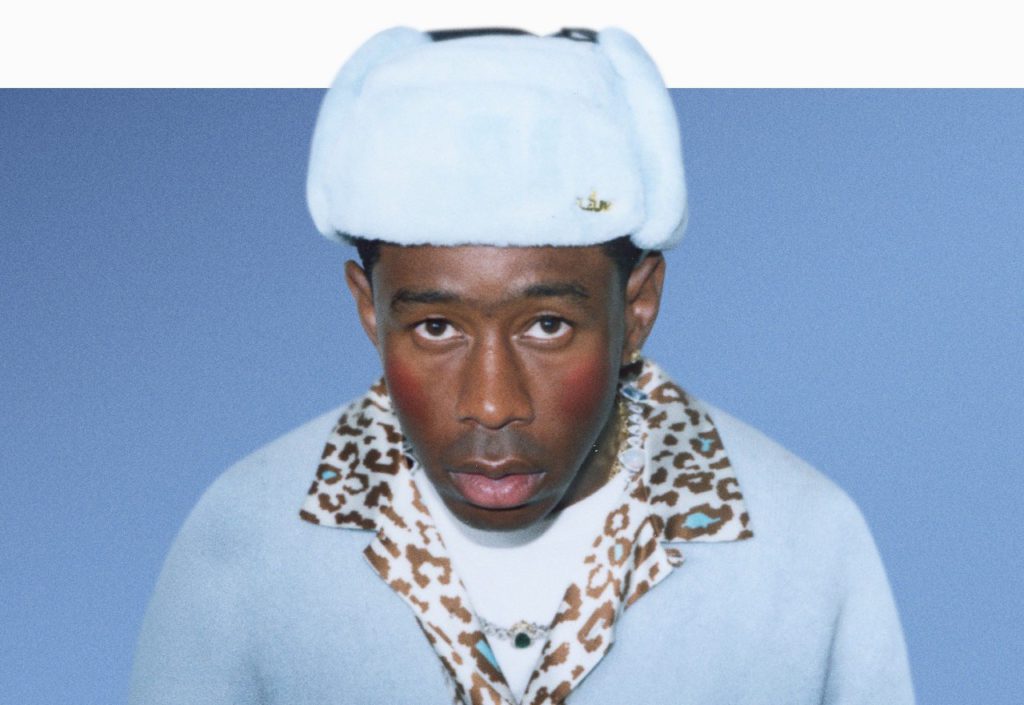
Contemporary artists like Tyler, the Creator and SZA demonstrate how modern hip-hop explores spiritual themes through increasingly personal approaches that draw from diverse influences rather than single religious traditions. Tyler’s IGOR chronicles emotional transformation with introspective elements, while SZA’s SOS examines self-worth through confessional songwriting. These approaches expand hip-hop’s spiritual vocabulary beyond conventional religious references. For a scholarly overview, see this peer-reviewed article on hip hop spirituality and liberation, which explores the genre’s roots and evolving role in culture.
Hip-hop’s spiritual dimension remains vital as the genre approaches its fifth decade, with streaming data showing that introspective, emotionally vulnerable tracks consistently outperform traditional braggadocio content among younger demographics. These artists don’t just make music about faith — they provide entry points to spiritual conversations for audiences who might never enter traditional religious spaces, creating measurable cultural impact through playlist placements and social media engagement.





















